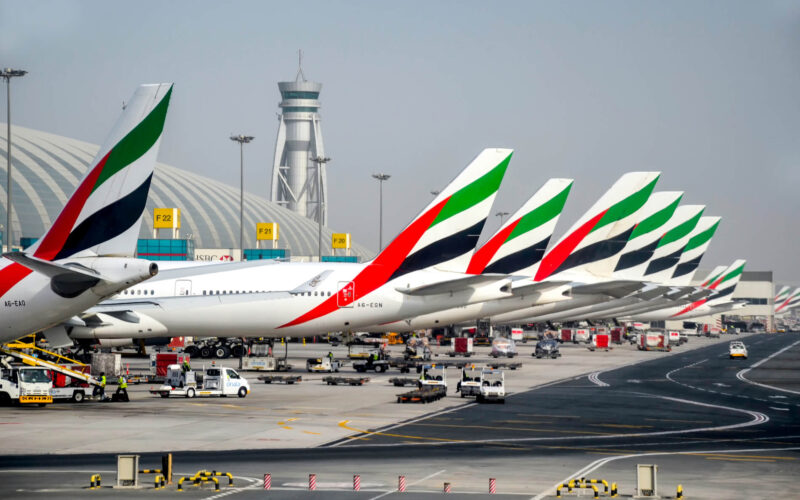As the Dubai-based Emirates battles the current crisis, it posted its first half-year loss in 30 years. The Dubai government was more than eager to provide the airline with financial support to help weather the storm.
Emirates announced its H1 FY2021 results on November 12, 2020, in which it indicated that the Dubai government injected $2 billion into the airline by a way of equity investment.
“We have been able to tap on our own strong cash reserves, and through our shareholder and the broader financial community, we continue to ensure we have access to sufficient funding to sustain the business and see us through this challenging period,” commented chairman and chief executive of the airline Ahmed bin Saeed Al Maktoum.
Overall, the company’s cash reserves dwindled from AED25.6 billion ($7 billion) at the end of March 31, 2020, to AED 20.7 billion ($5.6 billion) as of September 30, 2020. Emirates lost 75% of its airline revenue and throughout the first six months of the year, the carrier netted AED11.7 billion ($3.2 billion) from passenger and cargo operations, which resulted in an AED12.6 billion ($3.4 billion) loss.
“As passenger traffic disappeared, Emirates and dnata have been able to rapidly pivot to serve cargo demand and other pockets of opportunity. This has helped us recover our revenues from zero to 26% of our position at the same time last year,” commented Al Maktoum.
Despite the decrease of the tonnage of cargo, the airline has transferred at 0.8 million tonnes which signifies a 35% decrease compared to the same period in 2019, the airline’s yields in cargo were a whopping 106% higher. That has highlighted “the extraordinary market situation for air freight during the global COVID-19 crisis, where drastically reduced passenger flights led to limited available capacity while airfreight demand rose strongly,” argued the airline.
Emirates fleet has also changed through the six month period, as 10 Boeing 777-300ER aircraft were converted to carry cargo in the passenger cabin, while three aircraft departed its fleet. Namely, two Triple Sevens and one Airbus A380 have permanently left the Dubai flag carrier’s fleet.
“No one can predict the future, but we expect a steep recovery in travel demand once a COVID-19 vaccine is available, and we are readying ourselves to serve that rebound,” concluded the airline’s chief executive.

